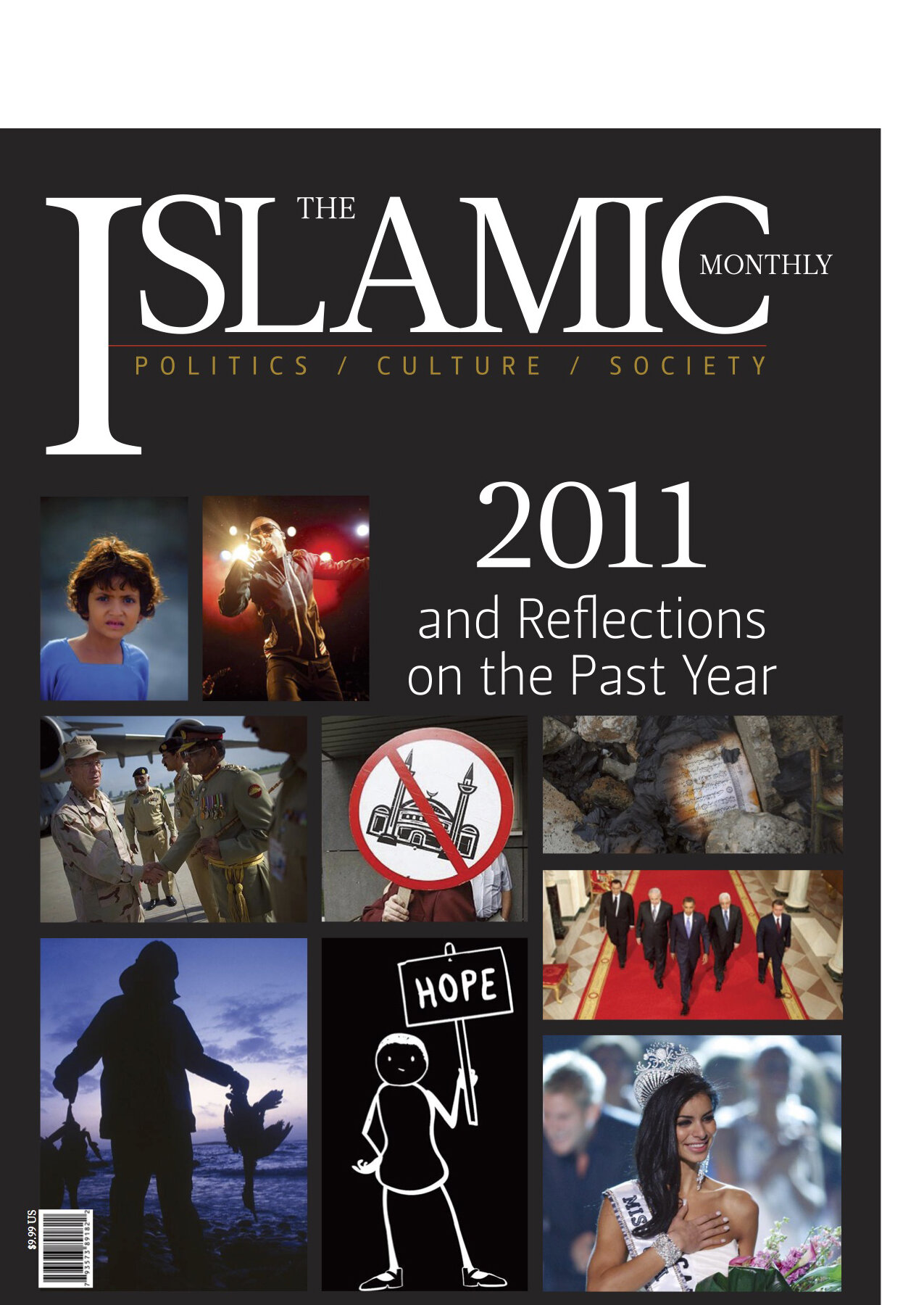Serving Humanity: Abdul Sattar Edhi
A young mother, wearing a black abaya over a bright red shalwar kameez, her hair loosely covered and her hands painted with henna, waits in the front office of the boys school at Edhi Village. Her 10-year-old son, his cheeks streaked with dirt and tears, clings to her legs. “Koi masla hai” (“There’s some problem”), she says when I ask why she has brought him here, a 65-acre campus outside Karachi that includes a center for runaway and abandoned boys. Later, she reveals that her son had been stripped naked, beaten severely and dumped in the middle of the night. The issue was a money dispute between her husband and others in the village. Their son was used to settle the score. “If I take him home, someone will kidnap him again and beat him badly,” she says. “He’s safe here.”
Abdul Sattar Edhi has been taking care of Pakistan’s desperate young and old for nearly 60 years.
He and his wife Bilquis have built a vast network of health and welfare centers, guided by the principle that self help is the only way out of poverty. This includes homes for the mentally and physically handicapped, shelters for runaway children and abused women, medical clinics and blood banks, drug addiction programs and nursing courses, mortuaries, adoption agencies, ambulance services, animal shelters, even a cancer hospital, staffed by more than 7,500 volunteers.In a country with no national health service or insurance program and with inadequate facilities for the welfare of its most vulnerable citizens, Pakistanis depend on Edhi, an octogenarian with a flowing white beard and a primary education, to fill the void the government cannot. In the aftermath of the 2010 floods, the country’s worst natural disaster in history that affected 20 million Pakistanis, Edhi’s single-minded commitment to healing is all the more profound and evident.Thousands of Pakistanis, regardless of their faith or social background, are fed, schooled, nursed and nurtured each day in one of the more than 300 Edhi Foundation centers across the country. Outside most centers, there is a white metal cradle shaded by an awning, with a sign in bold letters that says, “Do Not Kill.” Several babies, mostly girls, are left in these cradles every day. Previously they would be found in the garbage heap, says Bilquis, Edhi’s wife of 44 years who heads the Bilquis Edhi Foundation and manages the orphanages, maternity clinics and women’s shelters. About 300 babies are found each year; 200 already dead. Behind each is a story too unbearable to fathom. Bilquis cares for the abandoned babies and places them with families, but only after she has personally conducted a thorough interview and background check of potential parents. In the past 58 years, she has placed 19,400 children in homes around the world. “It makes me so happy,” she says with a smile, her eyes lighting up behind silver rimmed glasses. The children who are not adopted grow up in Edhi centers, go to school there and get married. Bilquis screens possible suitors and meets the young men and their families for months before she agrees to a proposal. She arranges for the girl’s wedding clothes and dowries, and hosts their weddings in beautifully decorated rooms at the Edhi center. The girls call her “Mummy”; Edhi is “Abbuji” (respected father).
Edhi attributes his sense of compassion to his mother. Each day before school, his mother would give him 2 paisas and tell him to spend one on himself and the other on someone in need. The first thing she would ask when he returned home was how he had spent the money.
“You have a selfish heart, one that has nothing to give,” his mother would scold if he hadn’t found someone to help, Edhi recounts in his biography “A Mirror to the Blind.” But it was in caring for his own mother, who became paralyzed with diabetes, bathing her emaciated body and feeding and changing her, that Edhi truly imbibed the lessons that have guided his life’s work: to value life no matter how frail or disabled, to give people dignity in life and in death, to care for those whom society has disregarded. The night his mother died, ... Read full article


